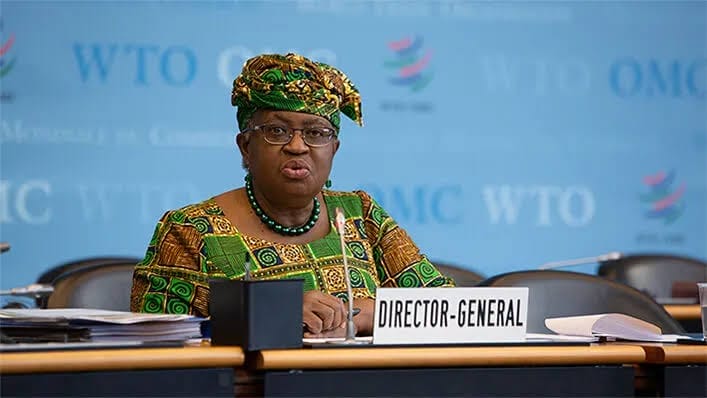The World Trade Organization (WTO) is encouraging West African nations to prioritize the development of regional value chains and diversify their economies away from dependency on raw material exports. The push comes as part of broader efforts to enhance trade integration, improve competitiveness, and stimulate inclusive economic growth across the region.
ALSO READ: World-Class: The Top 5 Africans Redefining Global Influence
Despite global trade recovering in recent years, West Africa’s participation remains limited due to structural constraints, high internal trade costs, and a reliance on unprocessed commodities. The WTO has identified value addition and supply chain decentralization as critical levers for transforming the region’s trade profile and attracting long-term investment.
Current trade dynamics show that West Africa exports mainly primary goods such as crude oil, cocoa, gold, and other raw materials, often missing the opportunity to move up the value chain. The WTO is advocating for a shift in focus toward local manufacturing, processing, and service development to generate higher returns and create more sustainable employment across member states.
Key policy recommendations include the implementation of the WTO Trade Facilitation Agreement, which aims to simplify and modernize customs procedures, and the adoption of the Investment Facilitation for Development Agreement. These agreements are designed to reduce trade and investment barriers, improve regulatory transparency, and make the region more attractive to investors seeking to build or join value chains in manufacturing, agriculture, and services.
ALSO READ: ATIDI Projects Strong Growth in Angola as Membership and Investments Deepen
West Africa is also being encouraged to invest in digital infrastructure and logistics to support the expansion of regional and global trade networks. With increasing global demand for processed foods, pharmaceuticals, textiles, and digital services, the region stands to gain significantly from targeted support to small and medium enterprises (SMEs), innovation hubs, and industrial clusters.
The WTO notes that West Africa’s integration into the global economy also depends on regional coordination under frameworks such as the African Continental Free Trade Area (AfCFTA). Intra-African trade currently accounts for a small fraction of total African exports, and unlocking regional markets through streamlined regulations and harmonized standards remains a strategic priority.
Efforts to improve infrastructure, reduce non-tariff barriers, and align trade policies are already underway in several West African countries. However, implementation gaps persist, particularly in investment facilitation, institutional capacity, and access to finance for local producers.
The WTO’s renewed engagement with West Africa aligns with its broader commitment to making trade a driver of development. By strengthening regional value chains and facilitating a more conducive environment for production and investment, West Africa could enhance its resilience to global shocks, diversify its economic base, and participate more fully in international markets.

